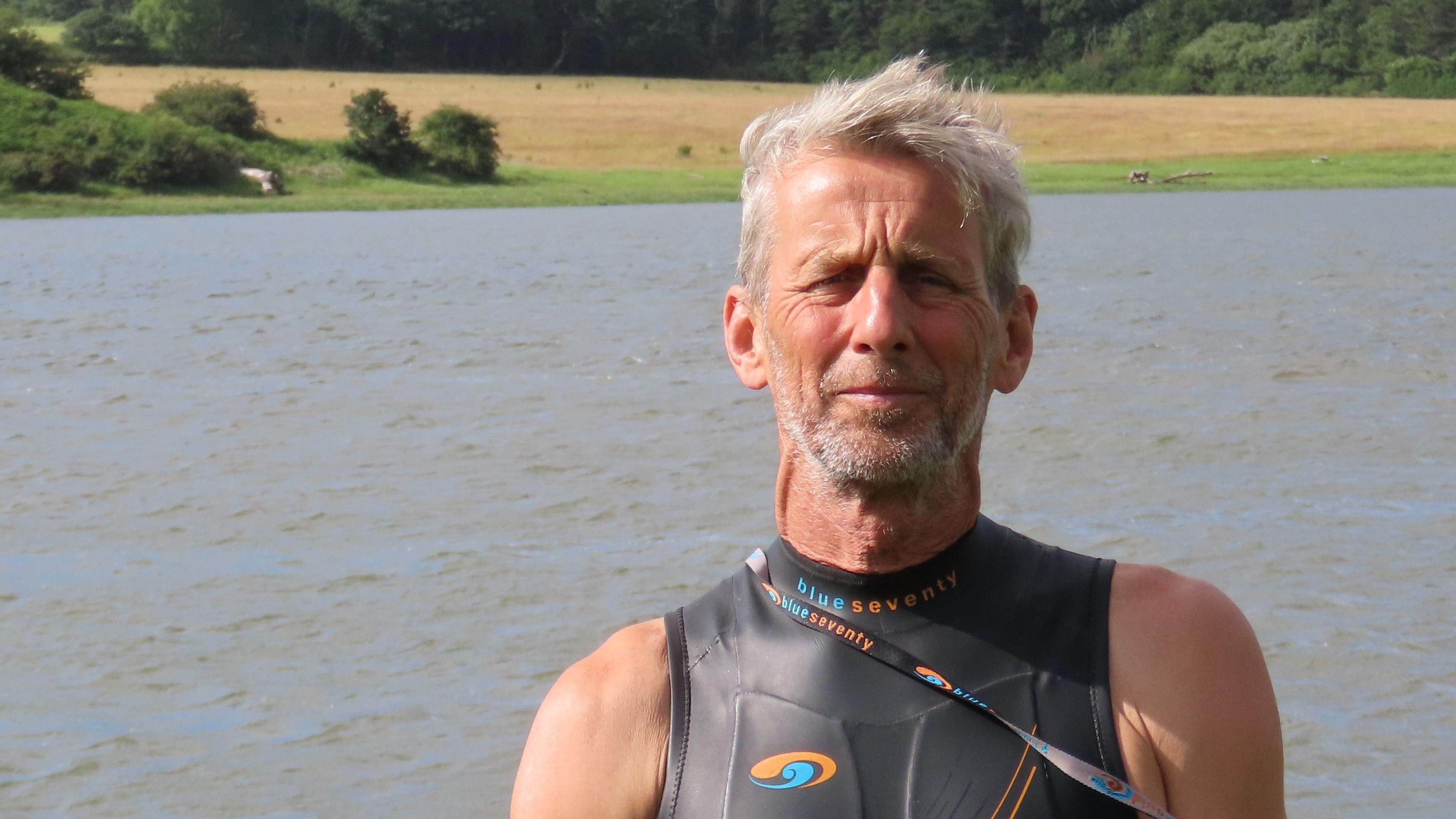
The Growing Threat of River Pollution to Wales’ Marine Ecosystems
Pollution from rivers in Wales is having a severe impact on the marine environment, with campaigners warning that it is "suffocating our sea." According to WWF Cymru, excessive nutrients from farming and sewage are causing algal blooms that smother the seabed, threatening marine biodiversity. As new assessments of protected areas along the Welsh coast are set to be published by the environment watchdog Natural Resources Wales (NRW), concerns about water quality continue to grow.
The reports, which will be released on Wednesday, have already raised alarm bells. Drafts obtained suggest multiple failures in water quality standards for some of the most protected rivers in Wales, known as Special Areas of Conservation (SACs). These rivers are failing to meet their targets due to high levels of nutrients, primarily from agricultural run-off, slurry spills, wastewater discharges, and industrial pollution.
This situation has already led to restrictions on housebuilding near SAC rivers, highlighting the urgency of the issue. In preparation for next year's Senedd election, WWF Cymru has launched a manifesto calling for stronger action to address marine pollution. The charity warns that pollution from rivers is not only damaging marine ecosystems but also undermining the ocean’s ability to store carbon. This makes the recovery or restoration of carbon-rich habitats like seagrass particularly challenging.
Key Concerns in the Marine Environment
Marine Special Areas of Conservation (SACs) and Special Protection Areas (SPAs) around Wales are also under scrutiny. NRW is set to release long-awaited assessments of these areas, marking the first such reports since 2018. Drafts suggest that several marine SACs are failing water quality targets due to excess nutrients, with nitrogen being the primary concern. This nutrient is largely linked to agricultural runoff and pollution incidents.
One of the most well-known SACs, the Pembrokeshire Marine Special Area of Conservation, is among those affected. Ric Cooper, who runs The Cleddau Project in Pembrokeshire, shared his concerns about the state of the Western and Eastern Cleddau rivers. He described the rivers as often smelling of sewage and slurry, with visible signs of algal growth during warmer months. Cooper emphasized that the condition of the river and marine environment are closely linked, yet the impact on the coast and sea is often overlooked.
Public Support for Change
Public support for action to improve water quality in Wales is strong. Polling commissioned by WWF Cymru shows that 87% of the Welsh public back government efforts to reduce and eliminate river pollution caused by agriculture and sewage. Additionally, 79% of respondents support restoring carbon-rich marine habitats such as seagrass, saltmarsh, and oyster reefs.
Shea Buckland-Jones, head of policy and advocacy at WWF Cymru, said the charity expects the upcoming reports to highlight the urgent need for action. He stressed that while the public does not need scientific reports to recognize the severity of the problem, sustained efforts are essential to restore ecosystems and prevent pollution from its main sources—agriculture and sewage.
Industry and Government Response
The farming sector has acknowledged its role in maintaining water quality. A spokesperson for NFU Cymru stated that farmers take their environmental responsibilities seriously and are working with partners to reduce pollution where necessary. Meanwhile, Welsh Water has announced a £4 billion investment plan between now and 2030, including £2.5 billion for environmental projects. The company plans to investigate the sources of nutrients in seawater, emphasizing the need for collaboration across sectors to improve water quality.
The Welsh government has also committed to improving the health of rivers and seas. It is implementing recommendations from the recent Control of Agricultural Pollution Regulations Review and is developing stronger environmental laws. The Environment (Principles, Governance and Biodiversity Targets) (Wales) Bill reflects this commitment, aiming to drive transformative change and tackle issues like nutrient pollution.
Ongoing Challenges and Calls for Action
Despite these efforts, challenges remain. Recent findings indicate that phosphates are too high in some protected river systems, and new regulations are being considered to address muck-spreading practices. Investigations into pollution in the River Wye are underway, and new laws are enabling the public to play a more active role in protecting Wales' wildlife.
Efforts to clean up rivers, such as removing 6,000 tires from waterways, demonstrate the ongoing work needed to restore healthy ecosystems. With continued pressure from environmental groups and public support, the hope is that these initiatives will lead to meaningful improvements in both river and marine environments.
Post a Comment